Overview
The Town of Athabasca received $74,800 for the completion of a Climate Vulnerability and Risk Assessment & Adaptation and Resiliency Plan.
The Town worked with Associated Engineering and All One Sky to develop an understanding of climate vulnerabilities and risks to Town-owned infrastructure and assets.
The project was funded by the Government of Alberta, through the Municipal Climate Change Action Centre’s Climate Resilience Capacity Building Program.
Approach
The Town of Athabasca is a small municipality in northern Alberta. The Town provides municipal services to the citizens who call it home, including roads, water and sewer, and recreation facilities.
The purpose of the assessment was to conduct a climate-based risk analysis for the Town’s infrastructure and assets and to summarize the highest priority climate risks. The assessment was also completed to give the Town an understanding of which facilities would benefit from additional assessment.
A series of risk identification and assessment workshops were conducted with the Town using the Public Infrastructure Engineering Vulnerability Committee (PIEVC) High Level Screening Guide (HLSG) Process.
The following Town assets and areas were included in the scope of this assessment: water, facilities, wastewater, roads, stormwater, parks, solid waste, and fleet. This project also included a community-wide risk assessment which considered the potential climate impacts to the natural environment, non-municipal assets and services, the economy, and the health and well-being of people in the community.
The project also brought regional partners to the table. Staff from Family and Community Support Services as well as two key service providers for the Town, the Aspen Regional Water Services Commission and the Athabasca Regional Waste Management Services Commission, were also invited to participate in the assessment process.
Results
The assessment identifies that the infrastructure systems most impacted by climate hazards are solid waste management, water, roads, and wastewater. Although the remaining assets do not have high risk scores, the assessment finds that attention will also need to be paid to ensure that level of service is met.
The five highest climate hazards for Town assets in the 2050s and 2080s include wildfire smoke, high winds, river flooding, hail storms, and high temperature days above thirty degrees.
The top climate hazards impacting the community, in particular the health and well-being of the community, included prolonged drought, wildfire smoke, and extended heat waves.
The report includes recommended adaptation actions across each of the infrastructure areas included in the assessment. A series of recommendations are also provided to serve as next steps, including prioritizing adaptation actions, cross-departmental discussions, and ongoing review of climate data.
Benefits
The final report will support the Town of Athabasca with future planning and decision making.
Equipped with an understanding how climate change will impact the municipality and which assets are most at risk, the Town can prioritize actions and investments and strengthen their resilience to future climate impacts.
Participating in the CRCB Program with our consultants and some of our various regional partners was a great experience. It allowed us to review our assets and reflect on how the current and future climate conditions and changes could affect those assets, our people, and our community. Having the final report that shows us the risks associated with these climate changes allows us to prepare and plan for how these changes may impact us.
Rachel Ramey, Chief Administrative Officer

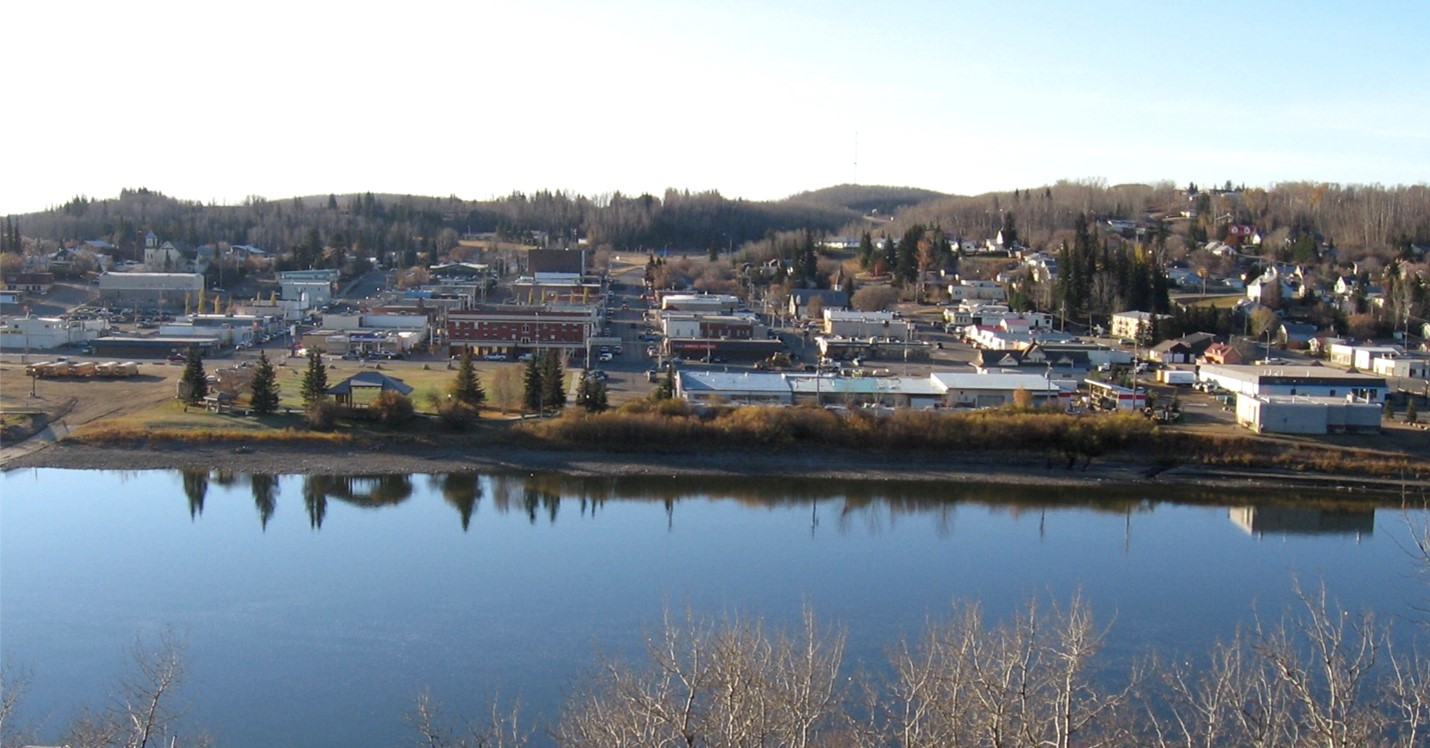
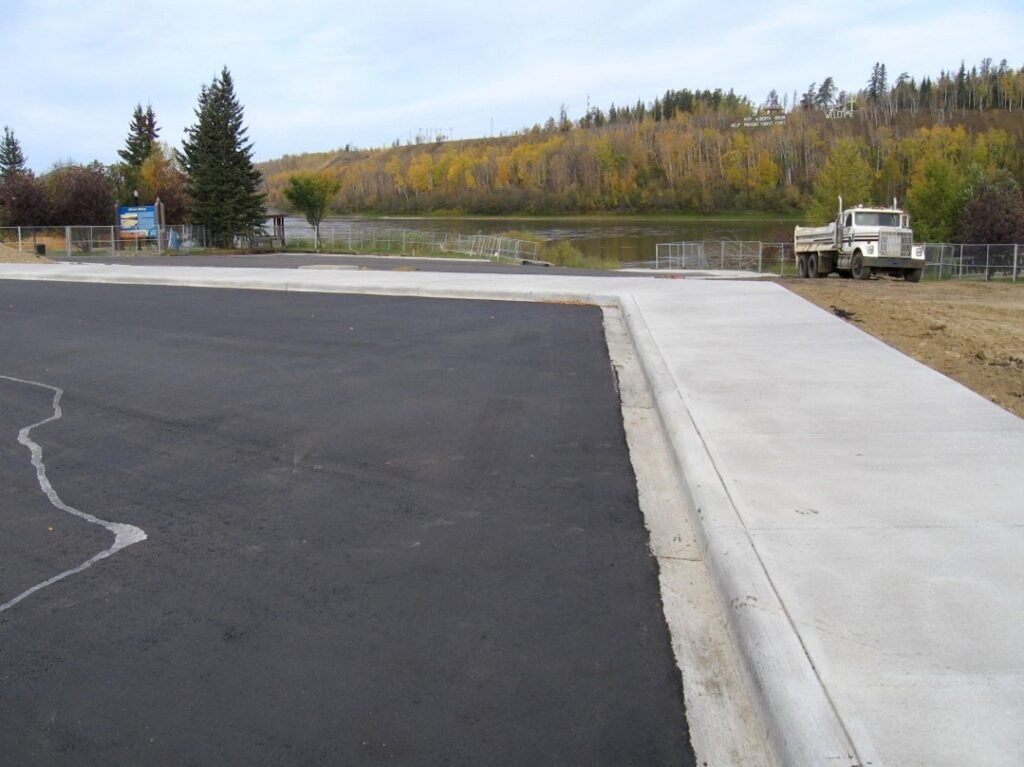
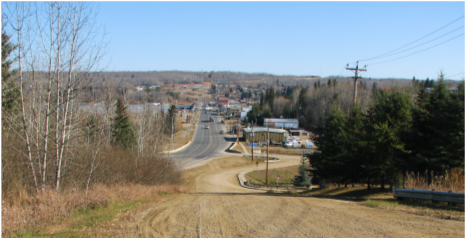
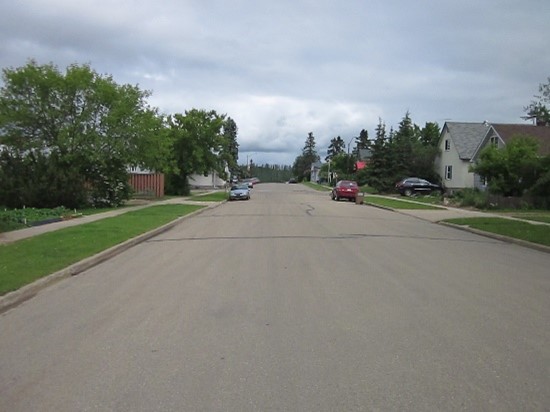
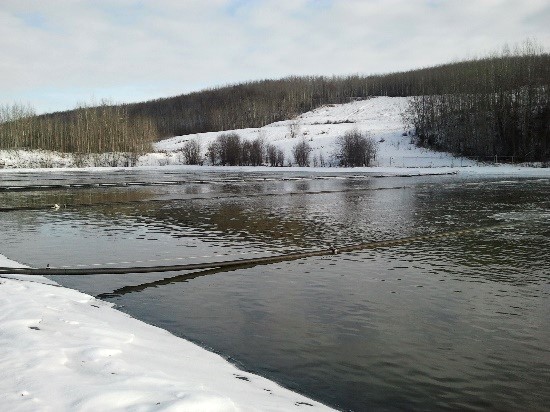
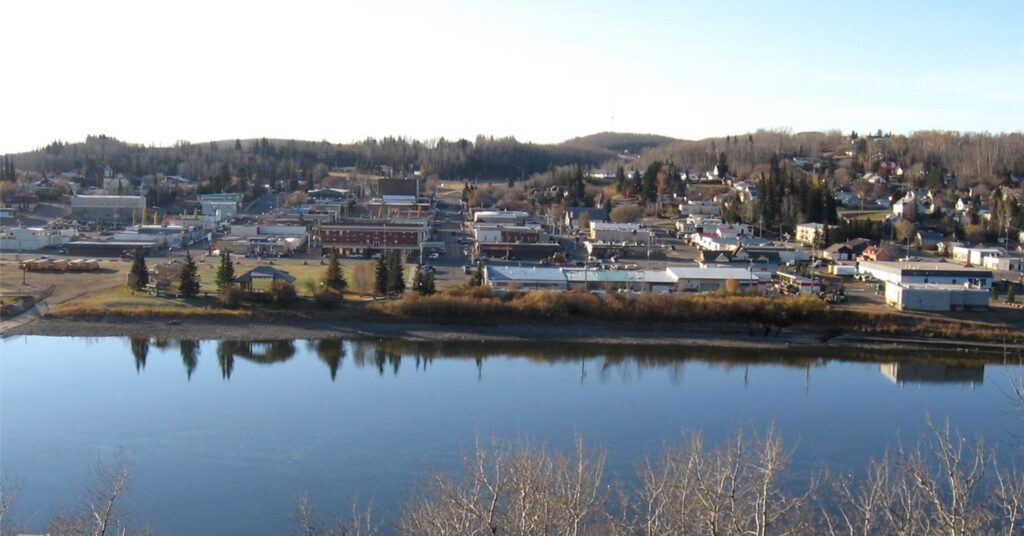
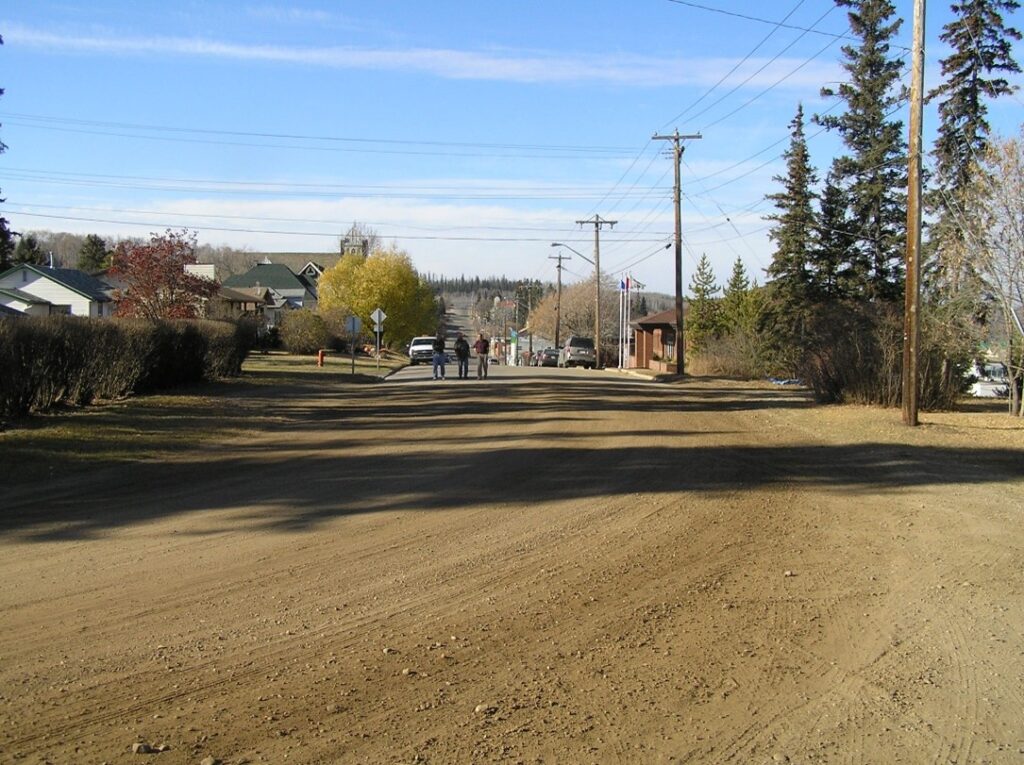

You must be logged in to post a comment.